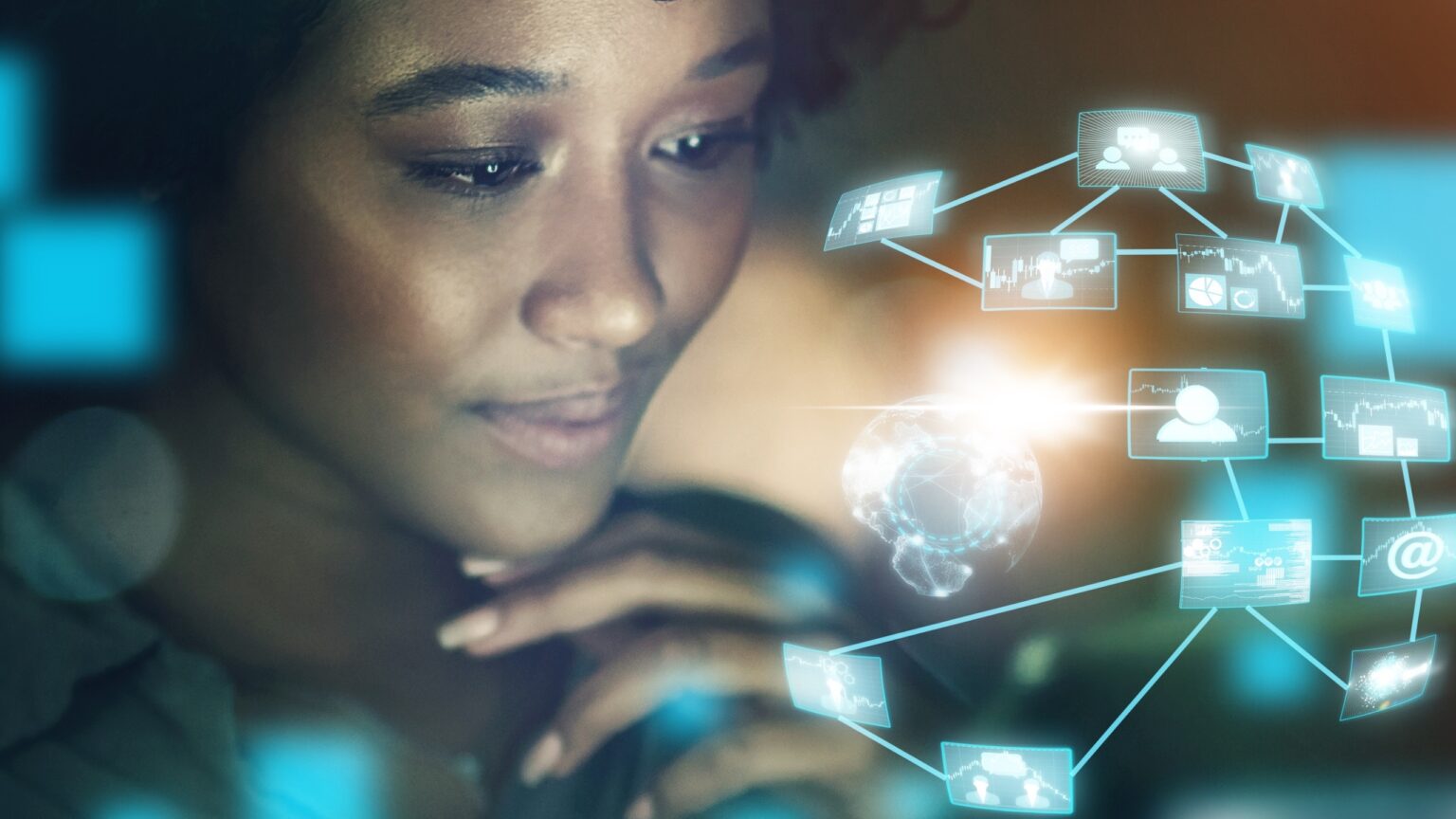As AI continues to gain traction in workplaces, a study shows that potential job losses due to AI are not uniform across racial lines, and black employees may be disproportionately affected by the technology.
Charter Works, a workplace research firm, surveyed 1,173 US workers across different industries and job levels to gain insights into their attitudes towards AI tools like ChatGPT.
Will AI replace jobs?
The study’s findings suggest that workers of color believe they are prone to facing difficulties in the age of automation and AI. A greater proportion of black respondents (53%) reported being concerned that AI might displace them from their occupations in the next five years.
According to internal survey results that were also shared with Insider, black respondents voiced concerns over the use of AI.
“I’m a little nervous about the use of AI as an employee and a consumer; I have a feeling that it will be mayhem and a huge inconvenience,” said the respondent.
Another respondent was afraid AI would eventually replace humans in the workplace, with another saying a “tidal wave of unemployment” would be created.
Interestingly, despite these fears, black workers and managers seem to be more receptive to generative AI than their white counterparts.
According to the study, 45% of black respondents are currently using AI tools in their day-to-day work. Another 61% are enthusiastic about the prospect of utilizing the technology in the future. This contrasts with 51% and 37% of white respondents, respectively.
Also read: Confusion After TikTok’s New AI Chatbot ‘Tako’ Shares Bizarre Message
History repeating itself
Emily Goligoski, one of the researchers involved in the Charter study, suggested that the historic precedent of technology harming workers of color, including AI, might be contributing to these heightened concerns.
“Past technological transformations definitely suggest there’s some historic precedent—and not for the better—in terms of impact on people of colour and women,” she said.
Goligoski also mentioned how black workers have always been at risk of losing their jobs to automation.
According to a 2019 McKinsey report, AI might displace 4.5 million black American jobs by 2030.
This is already noticeable in the fast food and service sectors, where black workers are disproportionately employed. Additionally, automation technologies—including self-checkout kiosks, robot waiters, and cooks—also pose the biggest risk.
Another study also found that AI surveillance has disproportionately impacted workers of color at companies like Amazon. It is alleged that workers are forgoing bathroom breaks while delivery drivers are peeing in water bottles to meet tight schedules and deadlines.
According to Insider, Amazon has reportedly denied claims that drivers use water bottles for bathrooms. The company argued that workers are allowed to use bathrooms outside of breaks.
The most vulnerable
Myaisha Hayes told Insider via email that workers of color are the least protected when it comes to technology takeovers at work.
“It’s unsurprising that black workers have greater anxiety and fear about being replaced in the workplace by AI than white workers,” said Hayes.
“Historically, black and brown workers tend to be the least protected and therefore most exploited for their labor, and that trend has carried over into the digital age.”
Although black workers are adopting generative AI technology at a higher rate than their white counterparts, this is viewed as a way to stay abreast of the tech to preserve their jobs from AI.
“AI won’t take your job; somebody using AI will take your job,” observed economist Richard Baldwin.
Some experts believe that government intervention is necessary to establish policies that protect workers of colour from potential AI-related consequences.
Myaisha Hayes emphasized, “We need governments to be bold enough to slow down the rollout of these technologies until adequate protections and guardrails exist that will protect black workers and everyone else in our society.”
This is not the first time that reports have surfaced of the technology reportedly being biased against people of color and non-English speakers.









 and then
and then